Being a queer Latinx individual can be a challenging journey, marked by alienation and even danger. Within the intricate tapestry of Latinx culture, where traditional family values reign supreme, harmful norms like heteronormativity, machismo, and marianismo have often left LGBTQIA+ individuals vulnerable to discrimination and violence.
In a world where right-wing conservatism and anti-trans rhetoric are gaining traction, these struggles have been further magnified. However, glimmers of hope are emerging as some countries, including Brazil, take decisive actions to dismantle homophobia and foster a more inclusive society.
Homophobia and Latinx Culture

Latin America’s cultural landscape often places an immense emphasis on conventional family values. However, this focus can inadvertently perpetuate harmful stereotypes and norms that marginalize LGBTQIA+ individuals. Heteronormativity, which assumes heterosexuality as the default, and machismo, the embodiment of traditional masculine dominance, create an environment where non-conforming gender identities and sexual orientations are met with hostility.
The Legal Battle

In a groundbreaking move, Brazil’s Supreme Court has made a resounding statement against LGBTQIA+ hate speech. The court’s nearly unanimous 9-1 ruling has elevated homophobic hate speech to the same legal level as racist hate speech, carrying a potential prison sentence of 2-5 years. Leading the charge was Justice Edson Fachin, who emphasized the constitutional imperative of safeguarding LGBTQIA+ citizens.
The legal battle was spearheaded by the Associação Brasileira de Lésbicas, Gays, Bissexuais, Travestis, Transexuais e Intersexos (ABGLT), a queer rights group. This initiative sought to extend the previous ruling that criminalized homophobia to include individual acts of hate speech. The 2019 decision equated homophobic hate speech to racism but primarily applied to slurs targeting the LGBTQIA+ community as a whole, rather than specific individual attacks.
A New Era of Protection
ABGLT’s advocacy stemmed from the belief that the initial ruling fell short in protecting LGBTQIA+ citizens, as it focused more on group-targeted hate speech than individual offenses. Brazil’s legal framework also extends protection to HIV-positive individuals, imposing penalties of one to four years in prison for discrimination against them. This comprehensive approach demonstrates the country’s commitment to upholding human rights and social equality.
Brazil’s Urgent Call to Action
The court’s decision reflects Brazil’s dedication to combating violence and discrimination against the LGBTQIA+ community. The numbers are grim – according to Transgender Europe, Brazil ranks as the world’s deadliest country for trans individuals. The period from 2008 to 2022 witnessed the tragic murder of 1741 trans people, with a distressing 228 of those murders occurring in the previous year alone.
Voices of Change
Erika Hilton, a trailblazing trans politician and activist, celebrated the ruling as a victory against LGBT-phobia. The individual’s notable trajectory encompasses her achievement as the inaugural transgender woman to be elected to the city council in São Paulo, followed by her subsequent groundbreaking election as the first transgender woman of African descent to serve in Brazil’s congress. Although these triumphs indicate advancements, they also underscore the enduring challenges that LGBTQIA+ advocates still confront.
The road to complete acceptance and equality remains a challenging one. Instances like the forced exile of Brazilian journalist and LGBTQIA+ activist Jean Wyllys underscore the grave consequences of hate speech and threats. Wyllys, one of Brazil’s first openly homosexual senators, feels free speech and free speech are different.
The Brazilian Supreme Court’s verdict is a major win in the global struggle against homophobia and transphobia. Brazil moves toward a more inclusive society by acknowledging the harm caused by discriminatory words. While challenges persist, the ruling underscores the potential for change and offers hope to LGBTQIA+ individuals everywhere who continue to advocate for their rights, dignity, and freedom from oppression.
References
Also Read: Luis Rubiales’ Exit amidst FIFA Disciplinary Proceedings



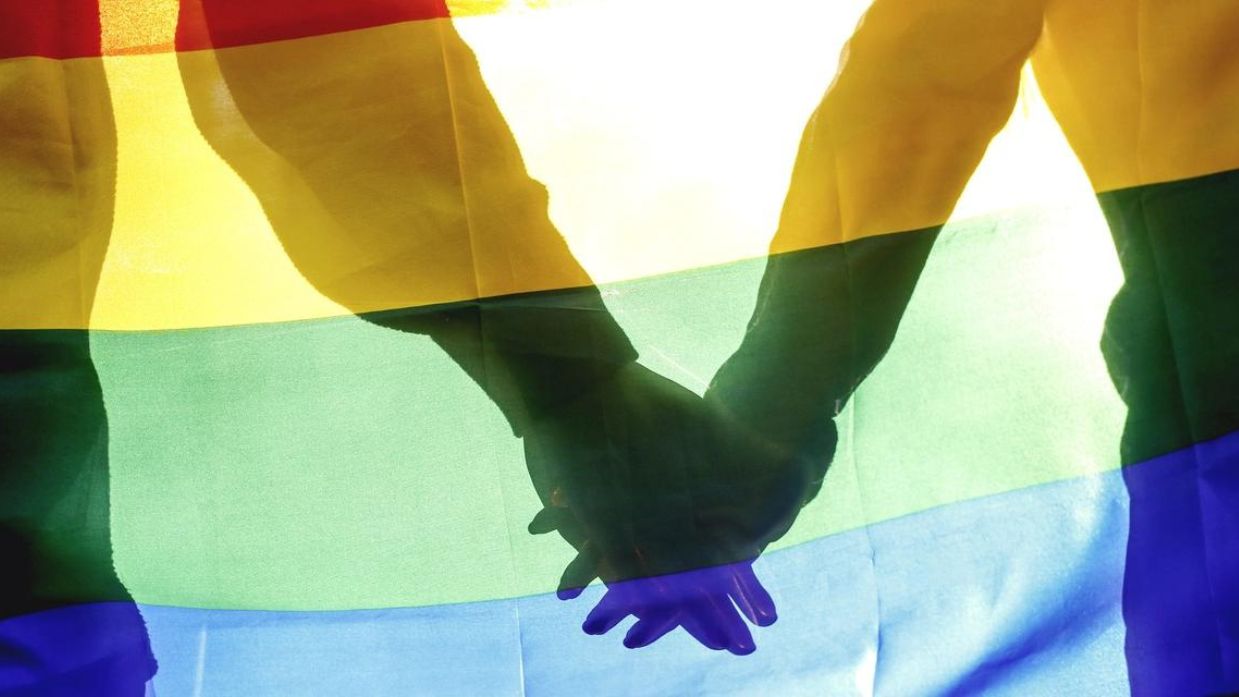

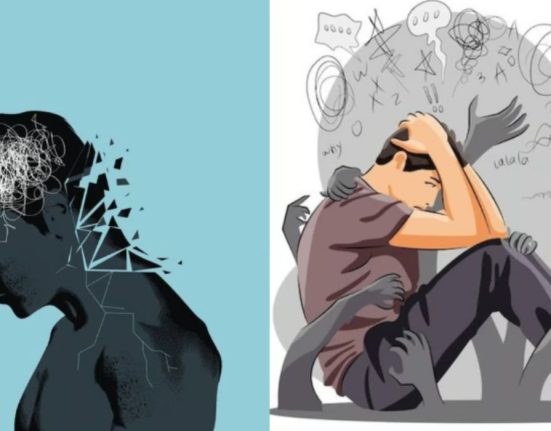
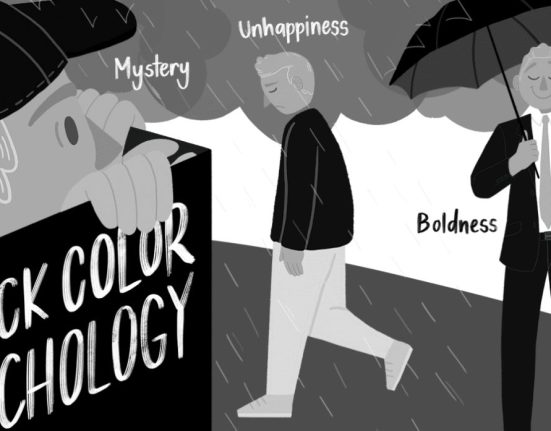
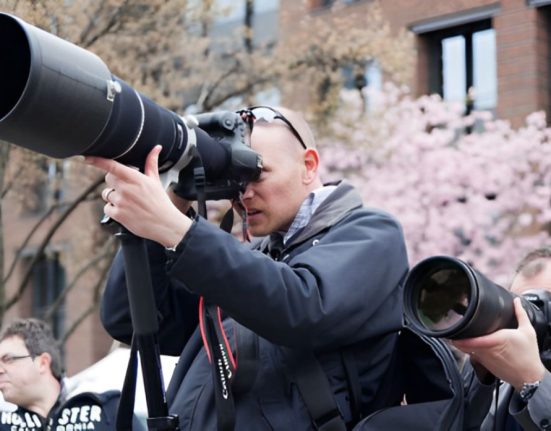
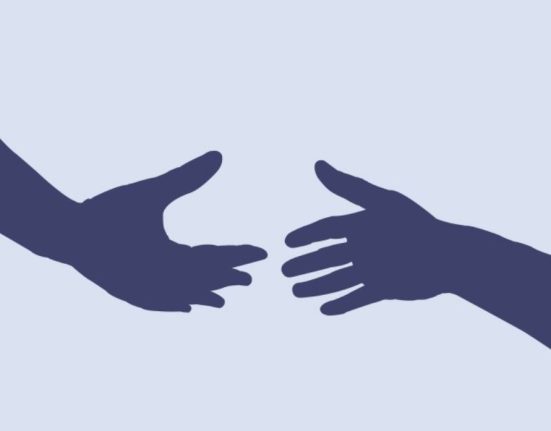
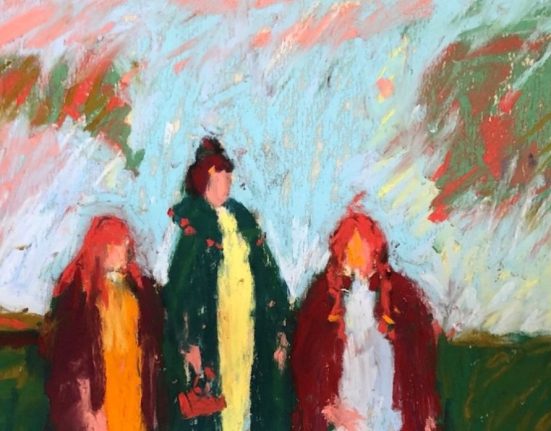
Leave feedback about this